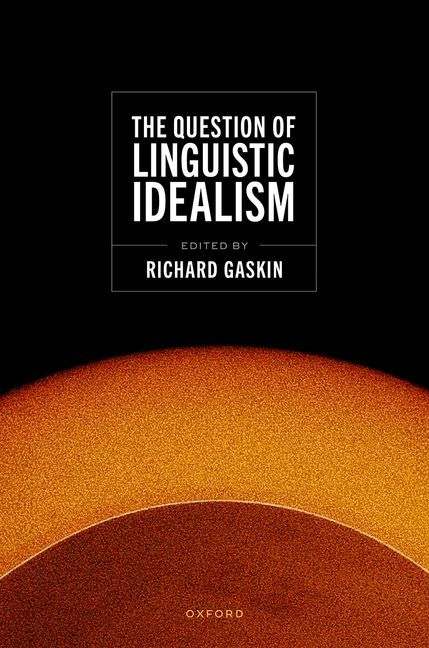Description
The Question of Linguistic Idealism opens with an introduction that presents a general argument for linguistic idealism and examines the way in which that position figures in the writings of Ludwig Wittgenstein and Elizabeth Anscombe. The authors in this collection cover a wide range of possible approaches to linguistic idealism. Some support the position in one version or another; others are hostile. All the contributions are both historically aware and engaged with systematic considerations, but in some the emphasis is placed on historical aspects of the problem-here the focus is particularly on the writings of Kant and Wittgenstein-whereas others adopt a more systematic approach. Each philosopher addresses their chosen aspect of the general topic in (broadly speaking) metaphysical terms, but the bearing of modern linguistic theory on the thesis of linguistic idealism, as well as its connections with mathematical results and practice, play a role in some of the contributions as well.
Product Details
- Jun 27, 2025 Pub Date:
- 0192872656 ISBN-10:
- 9780192872654 ISBN-13:
- English Language




